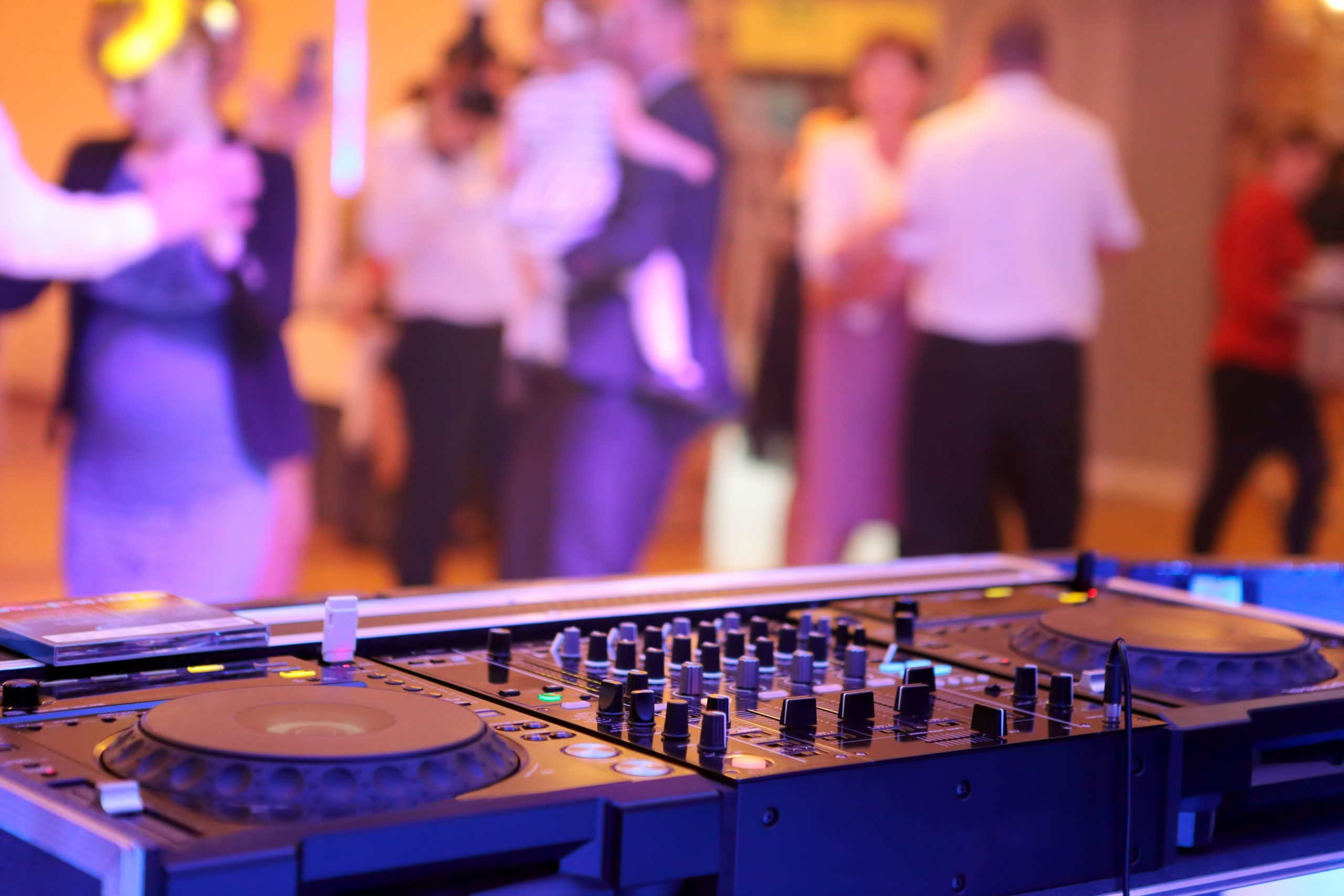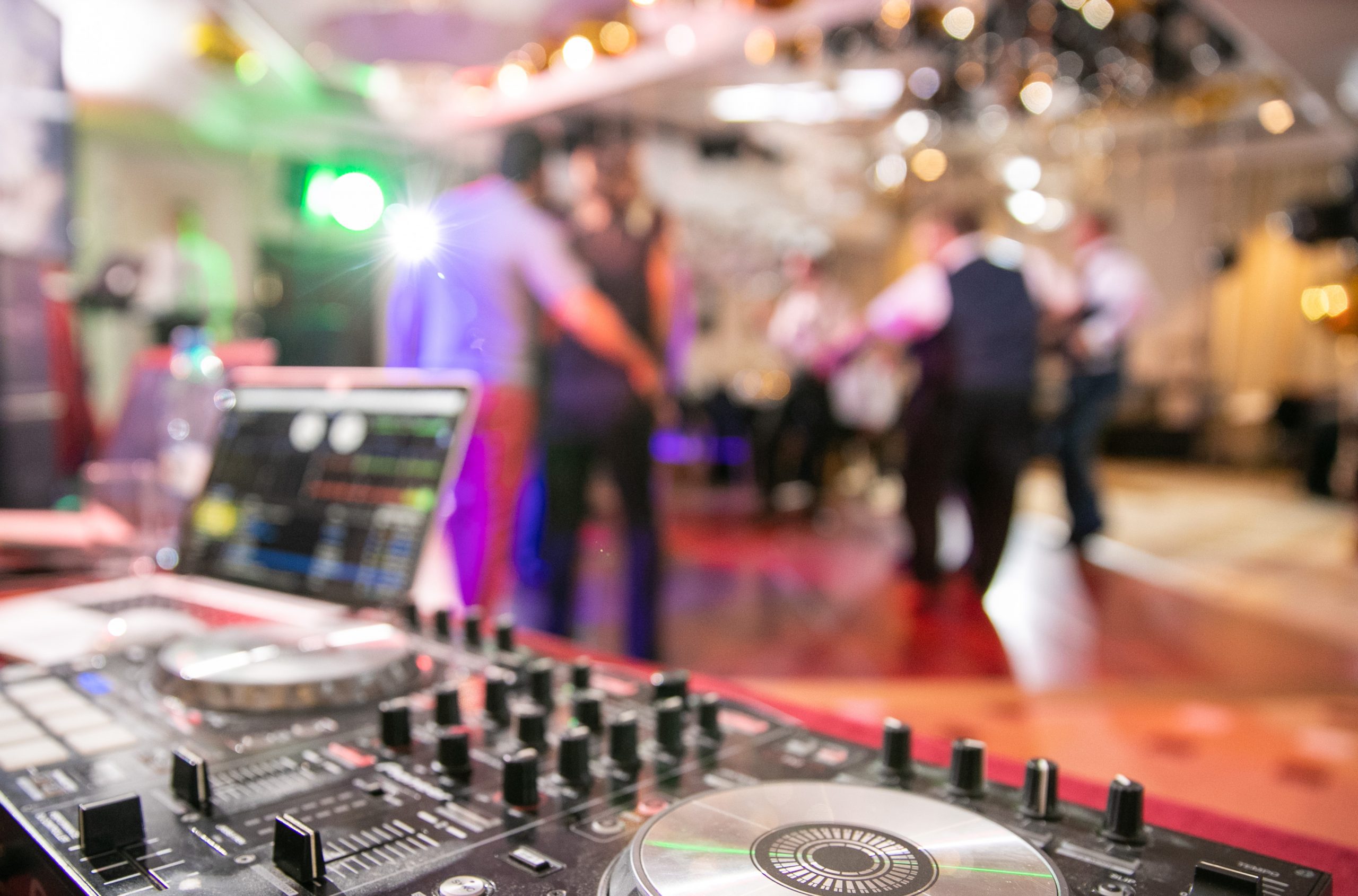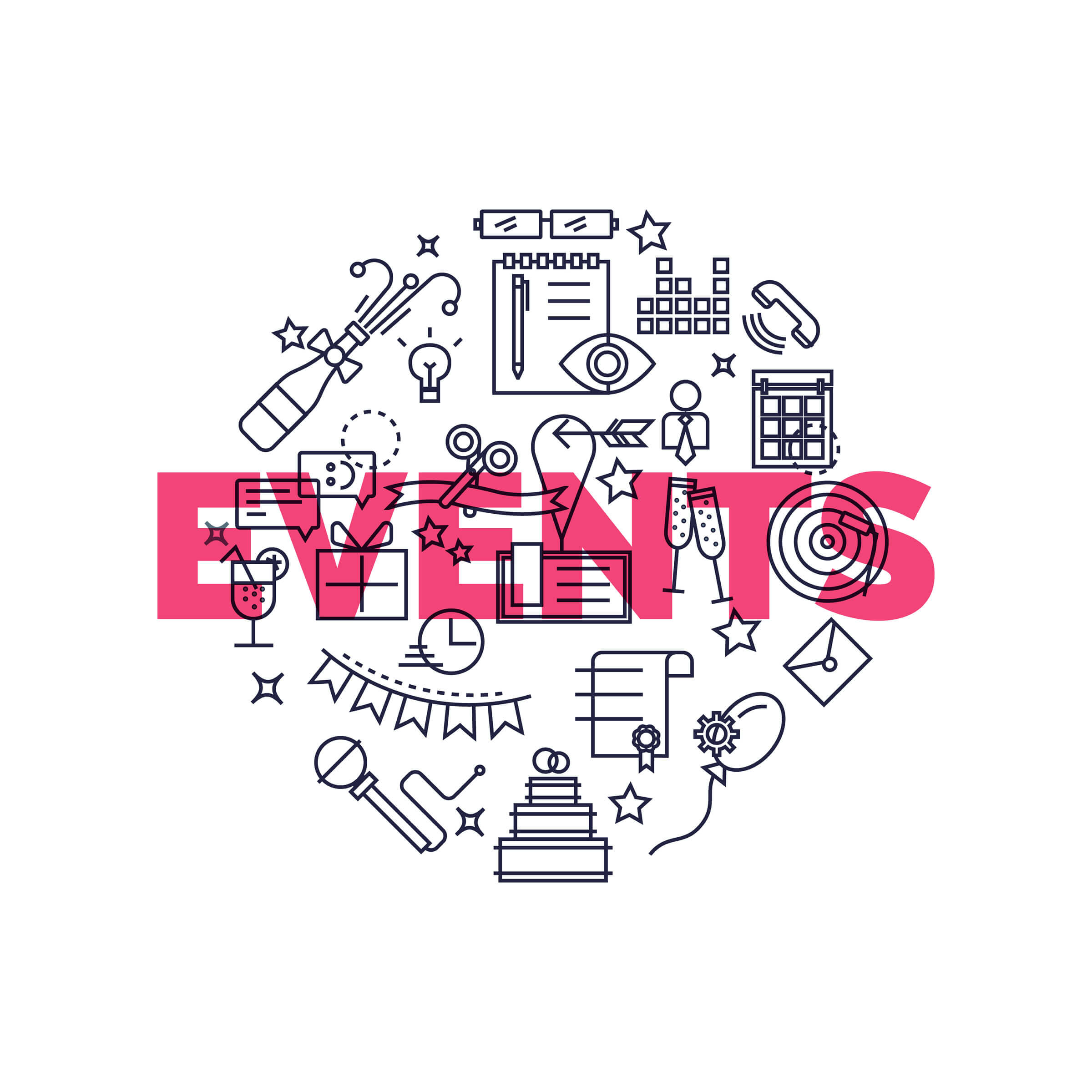BLOGS Signs of a Good Full-Service Wedding Event Company

The wedding day is one of the most memorable moments in a person’s life, a day infused with love and elevated by the joy of celebrating with friends and family. From the charmingly scripted vows to the candid speeches, every detail should be orchestrated to perfection. This is where the experience of a full-service wedding event company can truly shine. To ensure that your special day is the epitome of elegance and entertainment, it’s crucial to identify the signs of a truly professional full-service wedding event company.
In this blog, we here at Everlasting Productions are going to walk through the essential aspects you should consider when selecting the professionals who will turn your wedding dreams into a reality.
Why Choosing the Right Wedding Event Company Matters

Before you even walk down the aisle, the intricate dance of planning and preparation begins. A full-service wedding event company becomes your partner in creating the atmosphere and experience that you envision. Their role is pivotal, not just in executing services, but in curating an event that encapsulates the essence of your relationship.
Choosing the right company is not just about checking services off a list; it’s about entrusting a team to bring your narrative to life. The decision impacts everything, from the elegance of your ballroom dance to the energy of the reception.
Criteria for Evaluating Full-Service Wedding Event Companies
Not all wedding event companies are created equal. When evaluating vendors, several key factors can help you discern the level of their service and commitment to your vision.
Experience and Expertise
Experience in the industry is invaluable, offering insights that only time can provide. An experienced company knows the local scene, the venues, and the unforeseen challenges that can arise. Expertise takes this one step further, ensuring that the staff are skilled in handling every aspect of your celebration.
Quality of Services Offered
A full-service company’s core offering is entertainment, and this pillar should be solid. A quality DJ/MC can set the tone, while an engaging photo booth can capture unforgettable moments. Photography and videography services need to provide lasting mementos that stand the test of time.
Customization and Personalization
Your day should reflect you, so the ability to customize and personalize services is key. A good company doesn’t just offer packages; they tailor experiences to the couple, ensuring unique touches that resonate.
Reviews and Testimonials
Peer review matters in the wedding industry. Positive testimonials and reviews — like Everlasting Productions’ reviews on WeddingWire — from satisfied couples are indicators of not only quality but also a professional and enjoyable experience.
Availability and Flexibility
The company’s availability and flexibility can significantly impact your planning. A responsive team that is adaptable to last-minute changes can be a great asset.
Signs of a Good Full-Service Wedding Event Company
When it comes to discerning signs of a good full-service wedding event company, several factors stand out.
Detailed Planning Process
Thorough planning is synonymous with professionalism. A good company will offer a detailed planning process, with timelines and checklists to keep everyone on the same page. Moreover, having clear and positive communication with your full-service wedding event company is imperative; the last thing you want happening on your big day is your chosen company fumbling the entire process.
One of the processes to not overlook during planning is creating a do-not-play list. Doing so will ensure a fun and memorable night all while avoiding any awkward moments. Remember: you are in charge! Communication is a two-way street, so don’t be afraid to speak up.
Innovative and High-Quality Equipment
Wedding technologies are evolving, and the use of high-quality equipment is non-negotiable. Innovative lighting, crystal-clear sound systems, and state-of-the-art photo booths should be part of their offerings. DJs/MCs should also be well-versed in their platforms of choice.
Strong Online and Offline Presence
An established presence, both online and offline, is an indicator of a company’s stability. A robust website, active social media, and a professional office or studio point towards a serious operation.
Transparent Pricing and Contract
A sign of integrity is a company that is upfront with their pricing and is clear about what their services entail in the contract. This ties back to the first point of the detailed planning process, in which communication is imperative!
Positive Client References
A robust list of satisfied clients willing to act as references can instill trust.
How to Find the Best Fit for Your Wedding
Identifying the best fit for your wedding involves intentional steps.
Research and Compare Companies
Begin with thorough research. Compare companies based on the criteria listed above and narrow down your choices to a shortlist of professional contenders.
Schedule Consultations
Book appointments to meet with the team. The personal connection you make during these meetings can be a vital factor. After all, you need to establish trust and rapport with the folks who are providing the entertainment for your big day. If you feel something is off during the consultations, it’s more than okay to walk away from a deal.
Ask the Right Questions
Don’t be shy about gathering all the information you need. Ask about their team, their approach, and examples of past work.
Don’t be afraid to address potential concerns that you may have with potentially unruly guests, too. Your full-service wedding event company should be aware of such issues in order to navigate any difficult situations come wedding night.
Trust Your Instincts
In the end, trust your instincts. You should feel confident and comfortable with the team you select. And to reiterate — it’s more than okay to walk away if you feel uncomfortable!
Everlasting Productions is the Full-Service Wedding Event Company You Deserve!
The choice of a full-service wedding event company is an investment in your day. The professionalism and creativity they bring to the table can amplify the magic of the moment or detract from it. For these reasons and then some, Everlasting Productions is the ideal choice for wedding entertainment!
If you’re ready to take the first step towards an unforgettable wedding day, reach out to our team for a consultation. We believe that every love story is unique and deserves to be celebrated in the most exceptional way. To get started, please visit our website and call us at 516-614-4152 TODAY!





